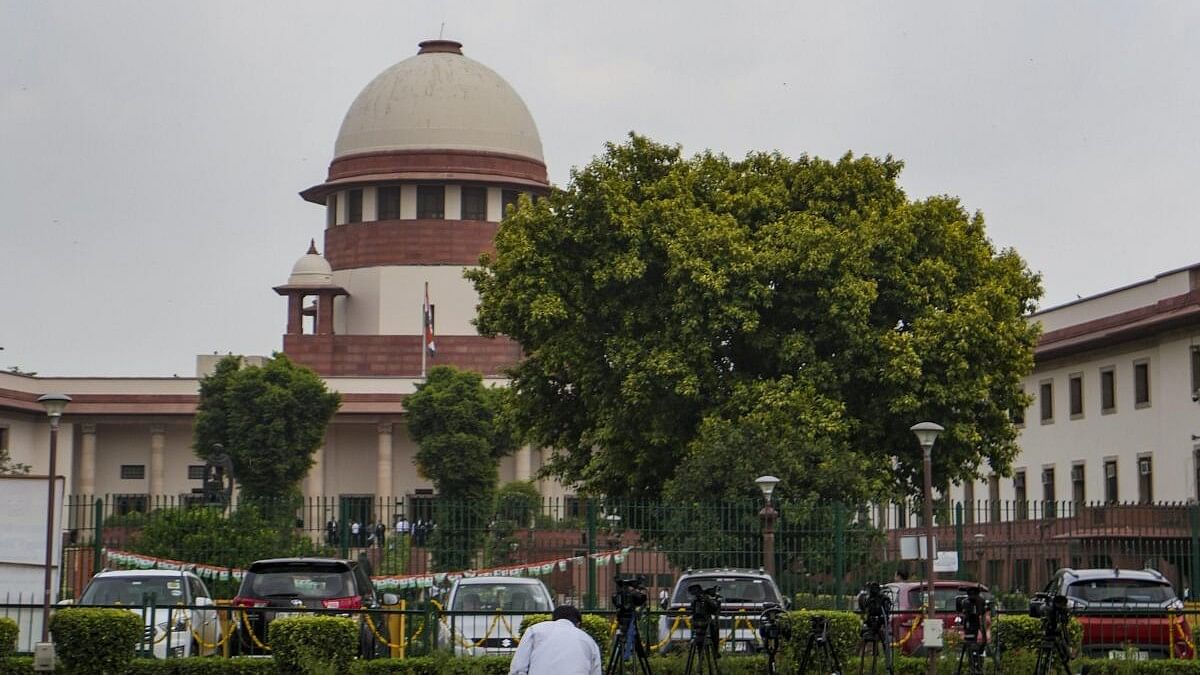
The Supreme Court of India
Credit: PTI Photo
New Delhi: The Supreme Court has said judges must eschew the tendency to substitute their own subjective views for the constitutional values, in dealing with pleas for grant of immediate police protection to same sex, transgender, and inter-faith couple.
A bench of Chief Justice of India D Y Chandrachud and Justices J B Pardiwala and Manoj Misra said that the court must acknowledge that some intimate partners may face social stigma.
While dealing with a petition for police protection by intimate partners on the grounds that they are a same sex, transgender, inter-faith or inter-caste couple, the court must grant an ad-interim measure, such as immediately granting police protection to the petitioners, before establishing the threshold requirement of being at grave risk of violence and abuse, the court said.
The court must conduct in camera proceedings in such cases, the bench said.
“Courts must bear in mind that the concept of ‘family’ is not limited to natal family but also encompasses a person's chosen family. This is true for all persons. However, it has gained heightened significance for LGBTQ+ persons on account of the violence and lack of safety that they may experience at the hands of their natal family,” the bench said.
The court said ascertaining the wishes of a person is one thing but it would be completely inappropriate to attempt to overcome the identity and sexual orientation of an individual by a process of purported counselling.
"Judges must eschew the tendency to substitute their own subjective values for the values which are protected by the Constitution," the court said.
The court made these observations while declining to entertain a petition by a Kerala woman who claimed that her same-sex partner was illegally confined by her family. The court had deputed a judicial officer to meet the woman who was allegedly confined and interview her at a family court in Kollam. The report, submitted by the officer, said the petitioner was the woman’s “intimate friend”, but the woman did not want to get married or settle down with any person.
However, in its judgment, the bench issued a slew of guidelines for the courts in dealing with habeas corpus petitions or petitions for police protection.
“In evaluating the locus standi of a partner or friend, the court must not make a roving enquiry into the precise nature of the relationship between the appellant and the person," the bench said.
The bench also said the court must ensure that the wishes of the detained person is not unduly influenced by the court, or the police, or the natal family during the course of the proceedings.
The bench said the judges must showcase sincere empathy and compassion for the case of the detained or missing person and social morality laden with homophobic or transphobic views or any personal predilection of the judge or sympathy for the natal family must be eschewed. The court must ensure that the law is followed in ascertaining the free will of the detained or missing person, it added.
